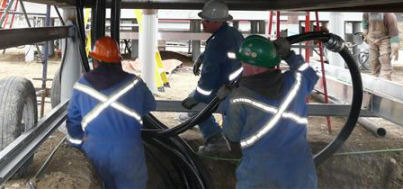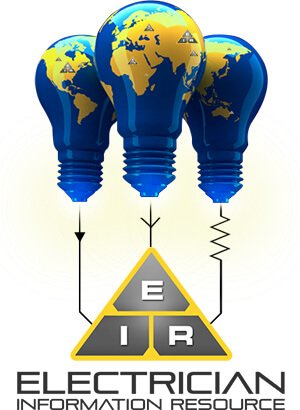About Electrical Apprenticeships
Electrical apprenticeships can take up to 5 years or longer. In many cases, students complete all requirements and qualify to write the final exam in as little as 3 or 4 years.

For specialized licenses, it can take much longer. Specialized electricians have to learn all of the general electrical standards, plus anything else related to their specialized field.
To qualify for the program, there are a few requirements you must meet:
- The minimum requirement is a high school diploma or equivalent. This includes credits in advanced physics, math, and English.
- Preference is given to applicants who have completed the Entry Level Trades Training course.
- Good analytical skills, and good mechanical and mathematical aptitudes are required in order to quickly diagnose and solve problems. Being an electrician often requires speed and accuracy. You have to be careful, of course, but getting a broken system up and running as soon as possible is vital.
- You must have physical strength, excellent hand/eye coordination, manual dexterity and be able to work at heights (see ladder safety for more about this).
- You must be able to distinguish colors. That may not sound like much of a requirement, but wires are color-coded. If you can’t tell a live black wire from a green ground, you could be in for quite a shock – literally.
Once you successfully complete your electrical apprenticeship and write the final electrician’s exam, you will be able to work as a journeyman electrician, unsupervised.
Some jurisdictions have their own specialized exams, so in addition to the standard exam, there may be some localized exams you will have to pass.
This is just for general electricians. Specialized fields, such as a substation electrician, or an engineering electrician, you will need more training and additional exams will be required.
Why Should You Become an Electrician?
- Job security. As an electrician, you are almost guaranteed a job for as long as you like. In today’s economy, you can’t say that about too many jobs. People will always rely on electricity. Unless some unforeseen disaster wipes out all electrical power, people will need electricians to keep things going.
- Top wages. Different types of electricians earn different electrician salary bases, but as an electrician, you are guaranteed a good steady income.
- Respect. Trades people are the ones who keep the country running and are now getting the recognition they deserve. As an electrician, you can be proud of your career choice. You are actually making a difference in the lives of people.
- Career opportunities. The electrician’s field is vast. There is always room for advancement. You can work in any state, province or even country. Wherever there is electricity, there is a need for electricians. And where there is no electricity, electricians are even more in demand, because people want electricity installed. This could be new subdivisions, new city developments or even developing countries. The possibilities are endless.
When you look at all of the opportunities and benefits of becoming an electrician – the question should be – Why would you not want to be an electrician?
And don’t worry about over-saturation. There is always room for more highly qualified, trained electricians.
Taking Electrical Apprenticeships
Before formal education was fully developed, or invented at all, young people learned by example. If you wanted to be a dressmaker, you apprenticed with an experienced dressmaker.

This was true with every single trade. If you just wanted to make dresses for yourself and your family, you learned from your mother. But, to make a career out of it, you needed to work under a master for several years.
This was then, and still is today, called an apprenticeship. As the education system developed, more people started learning in structured academic institutions. But, many people could not afford to go to school, so they would become an apprentice, instead.
These days there are some careers where you are no longer allowed – or taken seriously if you do – to train as an apprentice.
A lawyer is a good example. Without many years in law school, finding work as a lawyer, regardless of how many years you worked as a clerk, could be challenging.
Doctors are similar, but not quite. You need the schooling, but you also have to work as an intern (hands on training) for many years. This is closer to what electrical apprenticeships are like. You can no longer just work under the supervision of a master – you also need the practical, in-class training.
Keep in mind, though, if you do get hands-on experience working with a master electrician, all of your classroom training will be a breeze, and electrical apprenticeships may be cut a bit shorter.
Instead of being an apprentice for 5 years, you could easily qualify to write your final exam much sooner.








